Health & Medicine
-
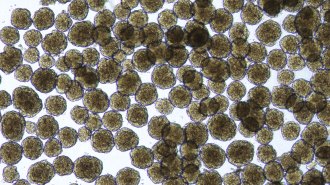 Health & Medicine
Health & MedicineA new diabetes treatment could free people from insulin injections
In a small cell therapy trial, 10 out of 12 people with type 1 diabetes no longer needed supplemental insulin, even a year after treatment.
By Meghan Rosen -
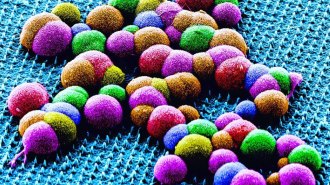 Health & Medicine
Health & MedicineThis painless nanoneedle patch might one day replace certain biopsies
Using millions of tiny needles, the patch samples molecular data from inside cells without damaging them, providing intel on composition in minutes.
By Payal Dhar -
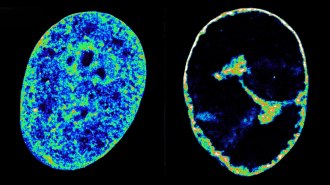 Health & Medicine
Health & MedicineSee how the herpesvirus reshapes our cells’ DNA in just eight hours
New imaging tools reveal how within an hour of infection, the virus begins to alter our chromosomes to kick-start its own replication.
By Amanda Heidt -
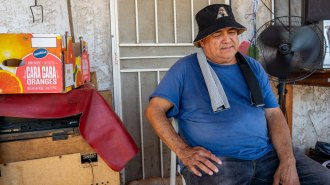 Climate
ClimateHarmful heat doesn’t always come in waves
Even without reaching heat wave levels, sustained high temperatures may contribute to a litany of health issues.
By Nikk Ogasa -
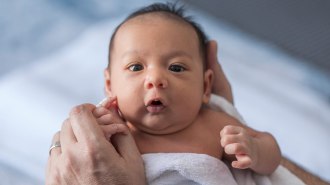 Health & Medicine
Health & MedicineMany U.S. babies may lack gut bacteria that train their immune systems
Too little Bifidobacterium, used to digest breast milk, in babies' gut microbiomes can increase their risk of developing allergies and asthma.
-
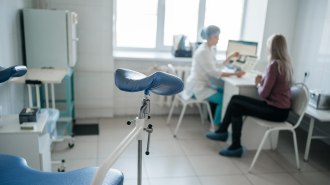 Health & Medicine
Health & MedicineMailed self-sample kits boosted cervical cancer screening
People who are uninsured or part of a minority racial or ethnic group are underscreened for cervical cancer. Mailing them a self-sample kit may help.
-
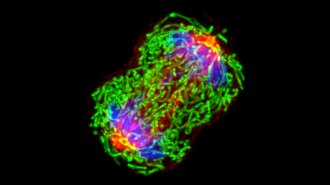 Health & Medicine
Health & MedicineCancer DNA is detectable in blood years before diagnosis
Tiny, newly formed tumors shed small fragments of DNA that are swept into the bloodstream. Future cancer screening tests could detect them early.
By Meghan Rosen -
 Health & Medicine
Health & MedicineWant to eat healthier? Add to your diet, rather than limit it
Nutrition experts say add more greens and beans to your diet; cooking classes can teach people to make these nutrient-dense foods taste delicious.
By Meghan Rosen -
 Health & Medicine
Health & MedicineSummer is a great time to protect your hearing
Concerts, fireworks and other hallmarks of summer can hurt your hearing long-term. But there are safe ways to enjoy them.
-
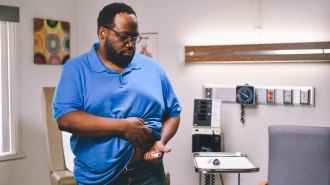 Health & Medicine
Health & MedicineA genetic test may predict which weight loss drugs work best for patients
Variants of obesity-related genes influence how much weight patients lose on specific weight loss drugs like liraglutide, two studies report.
-
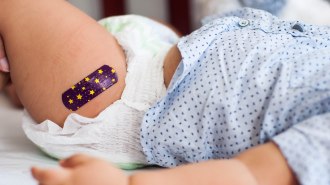 Health & Medicine
Health & MedicineHow one mom is navigating vaccines’ uncertain future
With CDC upheaval, new limits on who can get some vaccines and an ongoing measles outbreak, parents like me face unfamiliar hurdles to protecting our kids.
-
 Humans
HumansFDA cuts imperil food safety, but not how you might think
Layoffs at the FDA, USDA and CDC could erode the U.S. food safety system. Experts aren’t so worried about milk or chicken today; they’re concerned about the future.
By Meghan Rosen